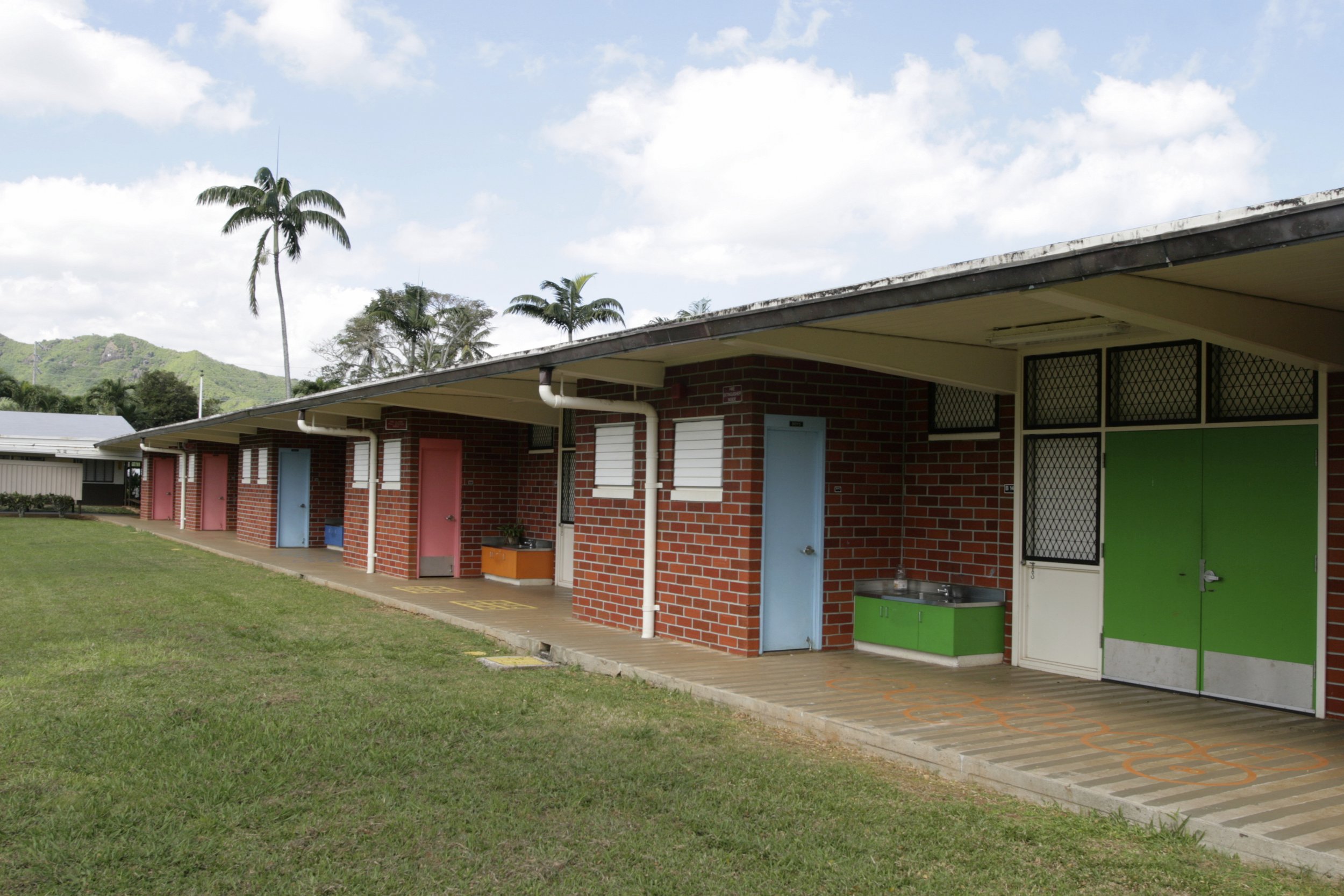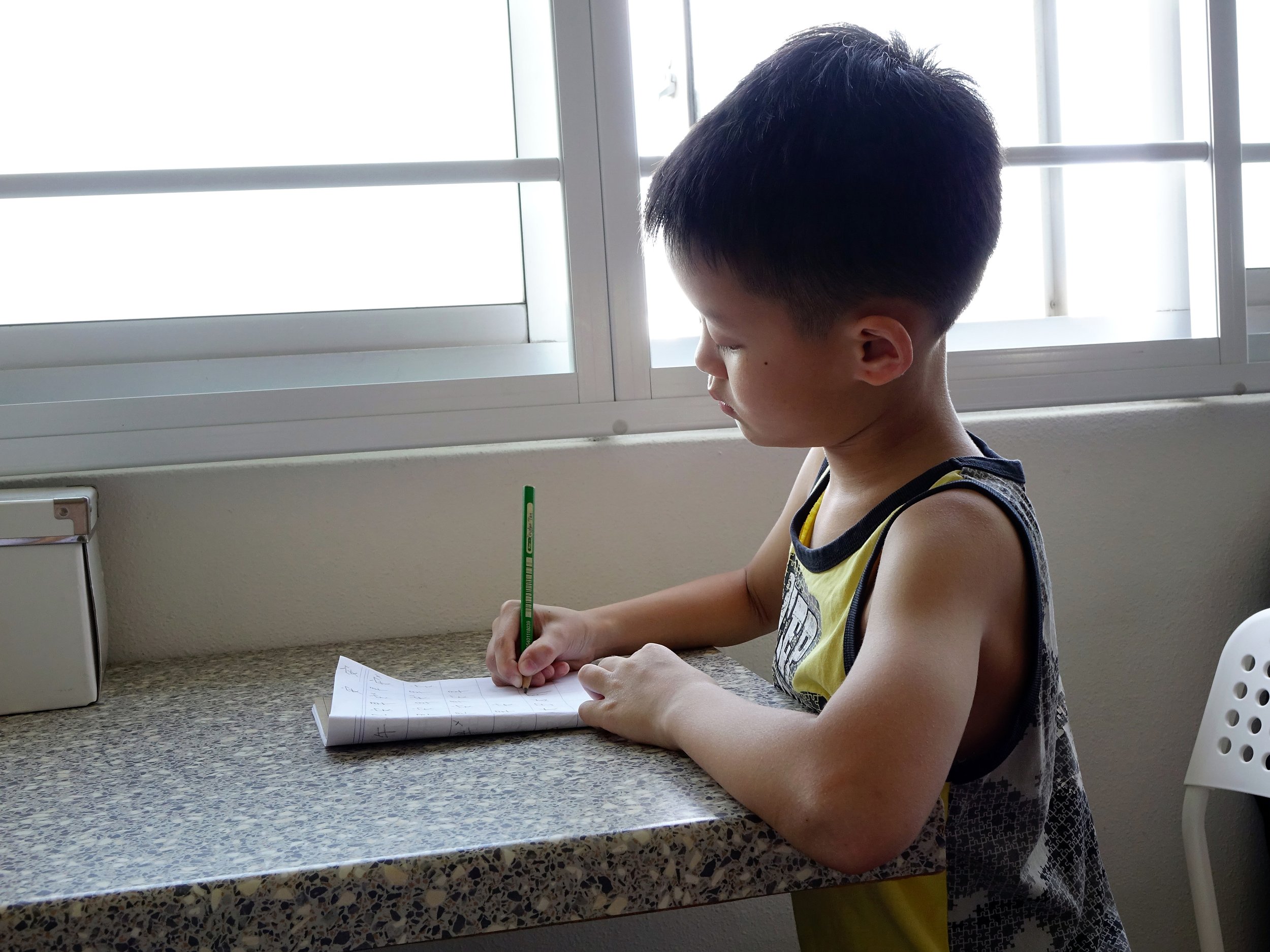
Hawaiʻi’s keiki nutrition programs facing financial crisis
The state is missing out on tens of millions of federal dollars each year to provide meals for needy children.

Report: Hawaiʻi missed out on $200 million in federal funding to feed children since 2000
This discrepancy stems from a federal analysis that hasn’t been updated since 1979, according to the report.

Inflation is forcing some Hawaiʻi families to change the way they shop for groceries
Economists agree this rising trend won’t go away anytime soon—that’s concerning for food banks and nonprofit organizations that help low-income and working class families.

State tax bill could have major impact on Kauaʻi
A bill in the state legislature could potentially mean more money in the pockets of working families on Kauaʻi.

An $18 minimum wage won’t raise prices dramatically
But a living wage increase will go a long way toward providing financial stability for many in Hawaiʻi.

Legislators consider extending income tax credit for struggling families
Every dollar a tax filer gets from the EITC generates another $1.24 in economic activity. This type of tax refund can act as an economic stimulus for the state.

Hawaiʻi legislature 2022: smart spending could help big problems
The legislature has money available for almost any policy initiative imaginable, and every member of the house and senate is up for reelection.

Hawaiʻi schools are buying less local food during the pandemic
Despite new legislation requiring public schools to serve student meals with more local ingredients, advocates say they are frustrated by a regression in local food initiatives.

Pandemic fuels spike in childhood obesity in Hawaiʻi
Nearly one in six children between the ages of 10 and 17 are obese in Hawaiʻi, marking a significant increase from four years ago and fueling concerns about the impact that COVID-19 restrictions and school closures have had on the health of the state’s youth.

How the ‘Build Back Better’ plan saves money and lives
The answer lies in an expansion of the strategy that held the line against poverty in 2020 and that helped America out of the Great Depression.

Why are more people than ever receiving food stamps in Hawaiʻi?
A historically high enrollment in the food stamp program is part of a broader increase in the need for public services during the pandemic.

Hawaiʻi lawmakers finish session after huge federal aid boost
The pandemic wouldn’t have hurt nearly as much if Hawaiʻi residents were making wages that paid enough to cover their basic needs.

The pandemic has transformed how aid groups help elderly in need
Federal COVID-19 relief funds helped local groups coordinate outreach to better serve kupuna who were often isolated during the pandemic.

Lawmakers should pass tax bills to fix our upside-down tax system
Minimum wage earners should not be paying a higher percentage in taxes than those at the top.

Economic recovery should focus on working families
And Hawaiʻi’s lawmakers should pass legislation that supports workers’ well-being.

Hawaiʻi sees ‘startling’ increase in number of children facing hunger
Even as benefits programs expand and school meal programs shift, food insecurity is expected to continue to grow in the islands.

Hawaiʻi Appleseed Center stresses importance of city’s rent relief program
After just four hours, the city's new rent relief program was suspended because so many people applied. The $114 million in federal money is for back and future rent and utilities.

Bill would expand DA BUX food program
The measure is intended to provide low-income people easier access to healthier food choices and to help local farmers and ranchers.

Over 400 organizations urge senate to pass American Rescue Plan for state and local aid
The organizations highlighted how state and local budgets have been slashed, causing job losses in critical sectors like education and healthcare that will be central to addressing the public health crisis.

Hawaiʻi lawmakers mull mediation to prevent mass evictions after moratorium lifted
A bill would require landlords to enter mediation upon a tenant’s request, but some advocates say the measure doesn’t do enough to protect renters at risk of eviction.
